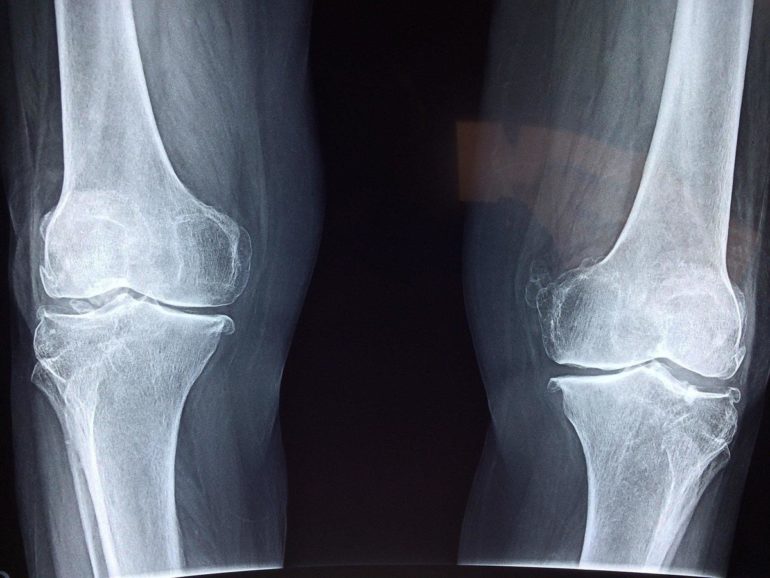The FDA is clearing an augmented reality solution for surgeons to use during knee surgery. The AR capability helps orthopedic surgeons, which are in huge demand in the U.S., prevent errors and complete complex surgeries efficiently via visual aids overlaid on their field of view.
It’s an example of the “augmented surgeon,” a dawning reality for a profession that’s long relied as much on dexterity and craftsmanship as digital technologies.
To help ease the strain on orthopedic surgeons, Vuzix, a maker of high-end smart glasses for the enterprise, announced this morning that Pixee Medical, a France-based supplier of high-performance computer-assisted surgery solutions, has received 510K clearance from the U.S. FDA for its Knee+ total knee replacement surgery solution to enter the US market with Vuzix M400 Smart Glasses. The United States represents 50% of the worldwide market for knee replacement surgeries. More than 30,000 orthopedic surgeons in the U.S. perform approximately 600,000 total knee replacements annually.
The platform, called Knee+, is designed to assist orthopedic surgeons to perform surgeries better and faster by providing real-time positioning of instruments, directly in their field of view. The Knee+ proprietary software uses unique computer vision and artificial intelligence algorithms and runs on connected Vuzix M400 Smart Glasses, with no bulky capital equipment or disposables required.
“The FDA’s clearance of Knee+ is an important step forward and we plan to quickly expand our platform to perform hip and shoulder replacements,” states Sébastien Henry, Founder and CEO of Pixee Medical. “In addition, our platform is designed to become the cornerstone of data acquisition and exchange during surgery as well as a plug-and-play hub for accessories like connected instruments, robotic arms and wireless tools. Vuzix’ M400 Smart Glasses play a vital role within our Knee+ solution.”
Mixed reality solutions for surgeons and medical professions had been expanding rapidly over the last few years. Accredited surgical instruction can now be taken via virtual reality, for example. A recent research project at Imperial College used a mixed reality headset to help plan plastic surgery in patients’ lower legs.



